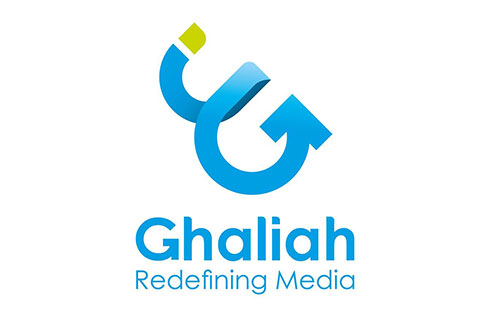

![]()
Winner: WIMD (kinda)
Every summer I would go back to Canada. And in terms of mobile telecommunications, it would be like travelling to the 90s. The few people who had cell phones, had flip-phones. With antennas (remember antennas?). No one had any idea what the hell a SIM card was. The one company that had SIM cards wouldn’t give you one without you signing a plan for at least one year. Meanwhile at Heathrow airport, you could get a temporary SIM card from a vending machine. Total bush league. My point, in case you’re missing out, is that regardless of how ‘first-world’ a country is, it’s not above being completely backwards due to greedy complacent big business interests and/or excessive government bureaucracy.
Which brings me to internet in Kuwait. Over the years, I’ve had Fastelco, Qualitynet, WIMD. The internet in most parts of Kuwait is capped due to the ancient copper cables that connect everyone together. Unless you live in Salwa or South Surra, you’re going to be limited by your internet company. Now this brings us to an interesting point. Back in day, you didn’t need high-speed, since all you would do is pretend to be a girl on mIRC and talk to other men pretending to be girls on mIRC. But now, content providers are trying to go fully cloud-based, and when that’s the case, 4Mb isn’t going to cut it. Based on Mark’s results from WIMD, I decided to give those cats a try, and the results were much better. I get 14 now.
But even WIMD is limited in that all they really do is bypass the copper cables that go point to point nationally. You’re still using Qualitynet or Fastelco or United or whatever. When they go down because a fucking whale in Egypt took a huge shit on the undersea cables, you go down too.
The gripe is that for the amount of money people pay to internet companies is not proportional to the quality of service we get. Still, when it comes down to it, unless something changes dramatically with the technology or the government locally or regionally, WIMD is still the best, despite the technical issues that pop up from time to time. They’ve been kinda enough to reimburse me for my lost days of access. I appreciate that. When it works, it works and it’s the best.
All of this, is specifically for home users. If you’re a ‘corporate user’ you’ll get gouged by the OUTRAGEOUS prices you will be quoted. In the eyes of the internet companies in Kuwait, no matter how small your company is, you NBK to them, fat and rich. It’s criminal.
Runner up: LTE
I was one of the last one of my friends to switch from 3G to LTE. I held onto my shitass iphone 4 for years past the point I probably should have. Near the end of its long life, I was charging it literally constantly. During phone calls the battery life would countdown in real time and I would panic like it was a timebomb in a Bond movie. It would literally burn my ear from how hot it would get. Now that I have a sexy new phone with LTE, I am surprised by how incredibly fast it is sometimes. And with the personal hotspot, I always have a decent backup plan. Also, it’s what most smaller companies use now rather than get abused (please don’t write comments about me belittling abuse until you see the prices they charge and then gfy).
![]()
Winner: WIMD
When I first signed up to internet at my apartment, I had DSL and I was getting 1Mbps since that was the fastest my line could handle. Then a couple of years later for some reason my line started handling 2Mbps, it was amazing since it was twice as fast. Out of the blue a couple of years later, something happened and my connection speed dropped, my line could no longer handle 2Mbps and I was back on 1Mbps. It was horrible. Then Mada came along offering 10Mbps and I jumped onboard. It was super fast… until everyone discovered it was super fast and then it became super slow. Luckily I found out about WIMD and I signed up to their 10Mbps plan and I’ve been using them ever since.
It’s been three years now and really the only major issue I had with them is when a residential building got constructed down the street blocking my line of sight with their tower. But that was an easy fix, we just moved my receiver to the far end of the building. They’re really the best solution for people who have shitty phone lines. At KD350 a year for 10Mbps they’re more than double the price of DSL providers but when your alternative is 1Mbps, KD350 is actually an incredible deal.
Runner up: Mobile Internet
Although Nima focused on LTE I am just grateful with have decent mobile internet and at reasonable prices and it doesn’t matter from which telecom provider. LTE or 3G I don’t care, they’re both great since they allow me to stream music in my car. I also love the fact we get such high download limits including unlimited options.
When I went to get a prepaid sim card in LA, they were like how much bandwidth do you want a month, 1GB, 2GB or 4GB? That’s like the norm over there, only T-Mobile had a higher option which was unlimited so I ended up signing with them. If I didn’t have WIMD at home I would have definitely signed up to one of the telecoms for internet. They’re a great alternative to DSL since they’re so much more easier to setup and most of the time faster than DSL.














